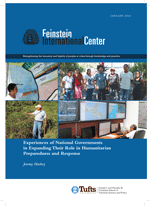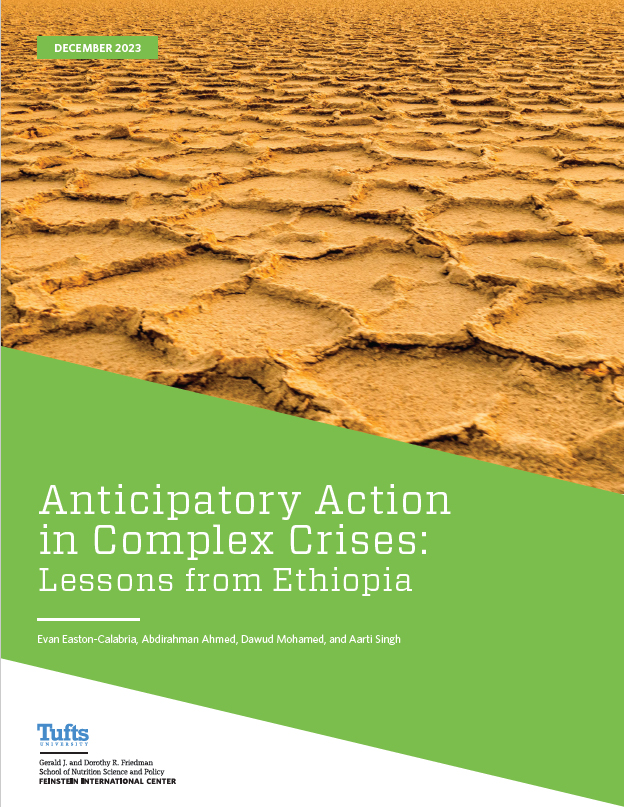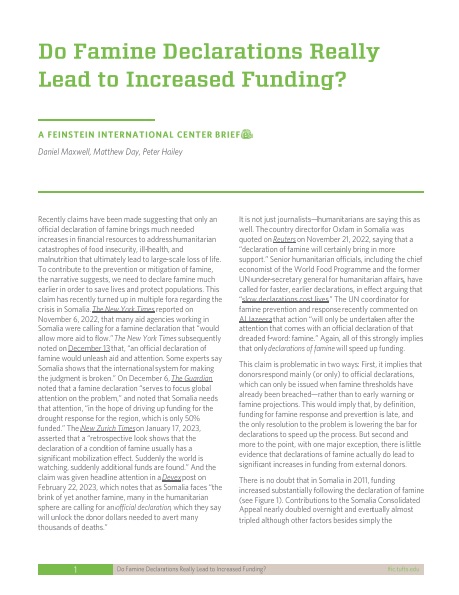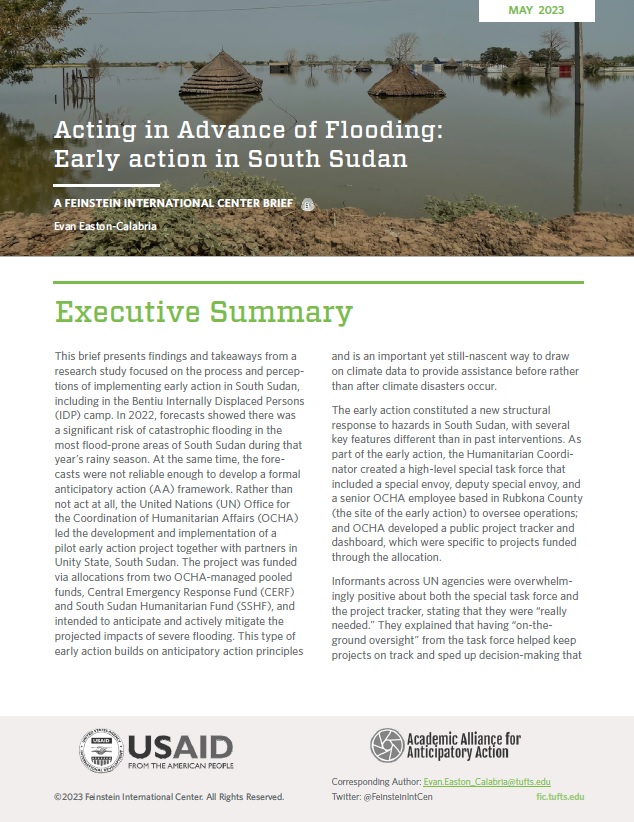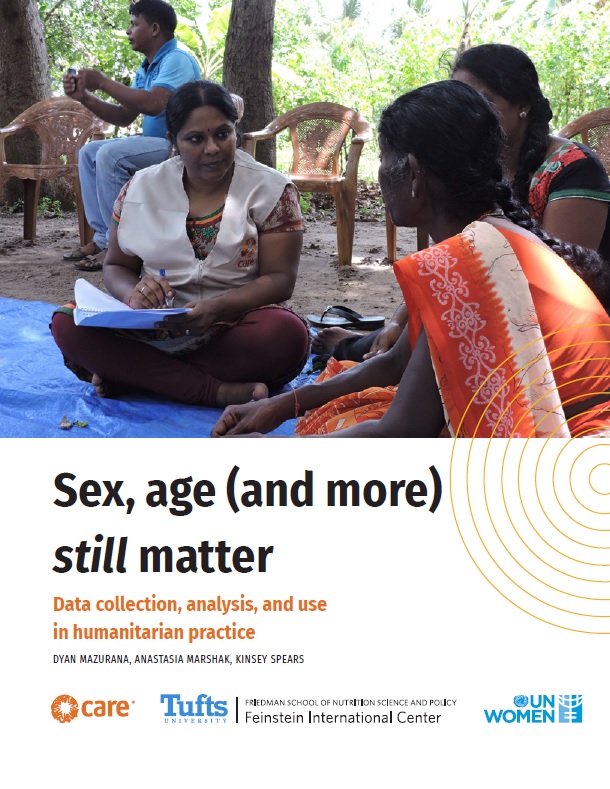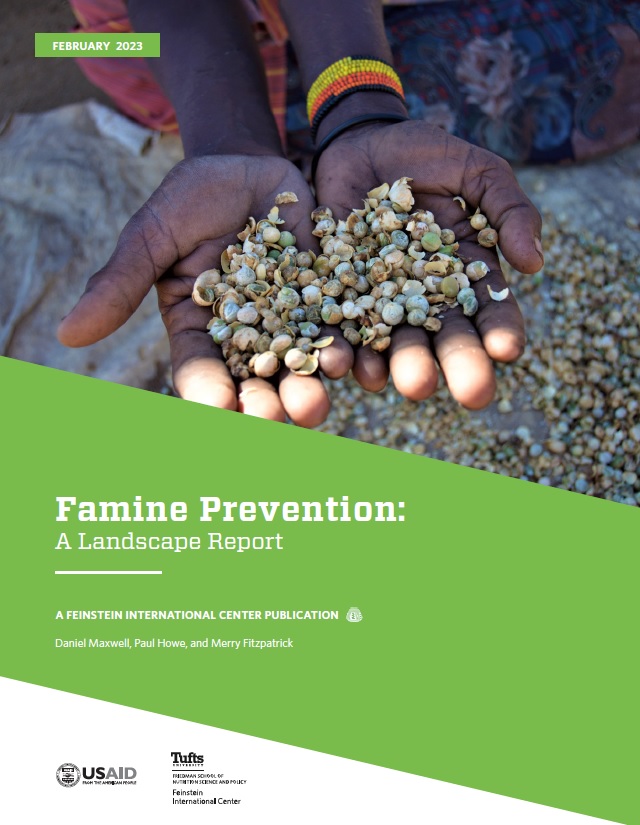Many countries’ governments are slow to assume leadership of their disaster management system. Reasons for slow assumption of national leadership include a lack of government prioritization of disaster management, minimal popular support for changes or governments’ undervaluing of popular will, and a lack of national expertise. The human, natural, and economic implications of not having an effective and comprehensive national disaster management system can be grave.
This paper examines how the governments of El Salvador, Mozambique, Indonesia and the Philippines have strengthened their countries’ disaster management systems. It analyzes what stimulated the assumption of leadership, how the systems have been strengthened, and how national and international actors contributed to changes. The paper also identifies gaps and challenges in each country’s capacity strengthening process.
The paper identifies what needs to happen in order to strengthen national disaster management capacity. It identifies best and worst practices related to effective capacity strengthening, and makes recommendations to national and international actors involved in capacity strengthening efforts.

